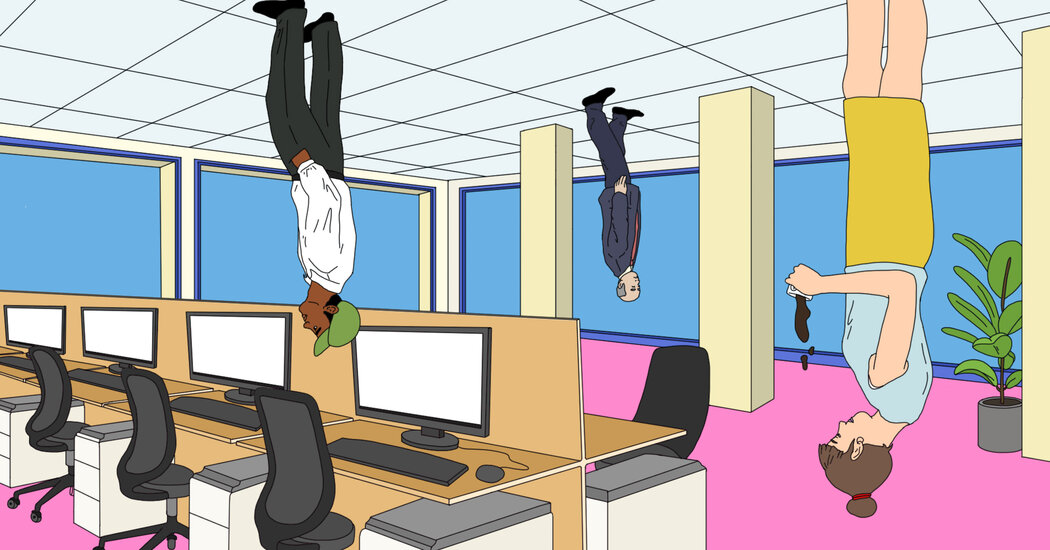
“I’ve had a lot more employees reach out to me due to their anxiety, often saying they can’t pinpoint the reason for it,” Ms. Theobald said. “I’ve had phone calls from managers saying, ‘This is what I did, and I hope I handled it correctly.’”
Some companies are trying to directly address mental health challenges that their staff may be facing. Arrivia, a travel business, said use of its “employee assistance” program, which provides no-cost therapy, had increased tenfold since the start of the pandemic. The company has also surveyed workers about their needs around returning to the office and has written up a plan that puts a priority on flexibility, allowing many people to work from home if they prefer.
Real, a mental health app that offers programming on topics including relationships and body positivity, plans to pilot a four-day workweek, running next week through June, to give employees more time to rest and focus on their families. The idea came from Real’s founder, Ariela Safira, who recognized after the December holidays that she was experiencing a sense of numbness fueled by overwork.
Like Ms. Safira, many mental health professionals are finding this moment just as hard as the clients they serve do. April Koh, founder of Spring Health, a mental health start-up that offers employees access to therapy and other services, recently realized she hadn’t fully dealt with her own pain after being targeted with a racial slur on a street in New York. When her team planned a healing circle to discuss anti-Asian violence, which has increased during the pandemic, Ms. Koh surprised herself as she wrestled publicly with questions about her personal history.
“I hadn’t expected to be so emotional,” she said. “There is kind of a shared mentality, to an extent, among Asian Americans about keeping our head down and staying invisible. It was powerful for me to be so vulnerable.”
She worries that many businesses, which had never before made an effort to address their staff’s mental health, still aren’t being proactive in helping people take care of themselves, especially with insurance plans often offering paltry mental health coverage. The average wait to see a provider was more than 20 days nationally even before the pandemic.
“Some companies take the posture where they say: ‘We’re resilient. We’re all about business. That’s what we’re going to focus on,’” Ms. Koh said. “That’s just not the way to solve problems.”




